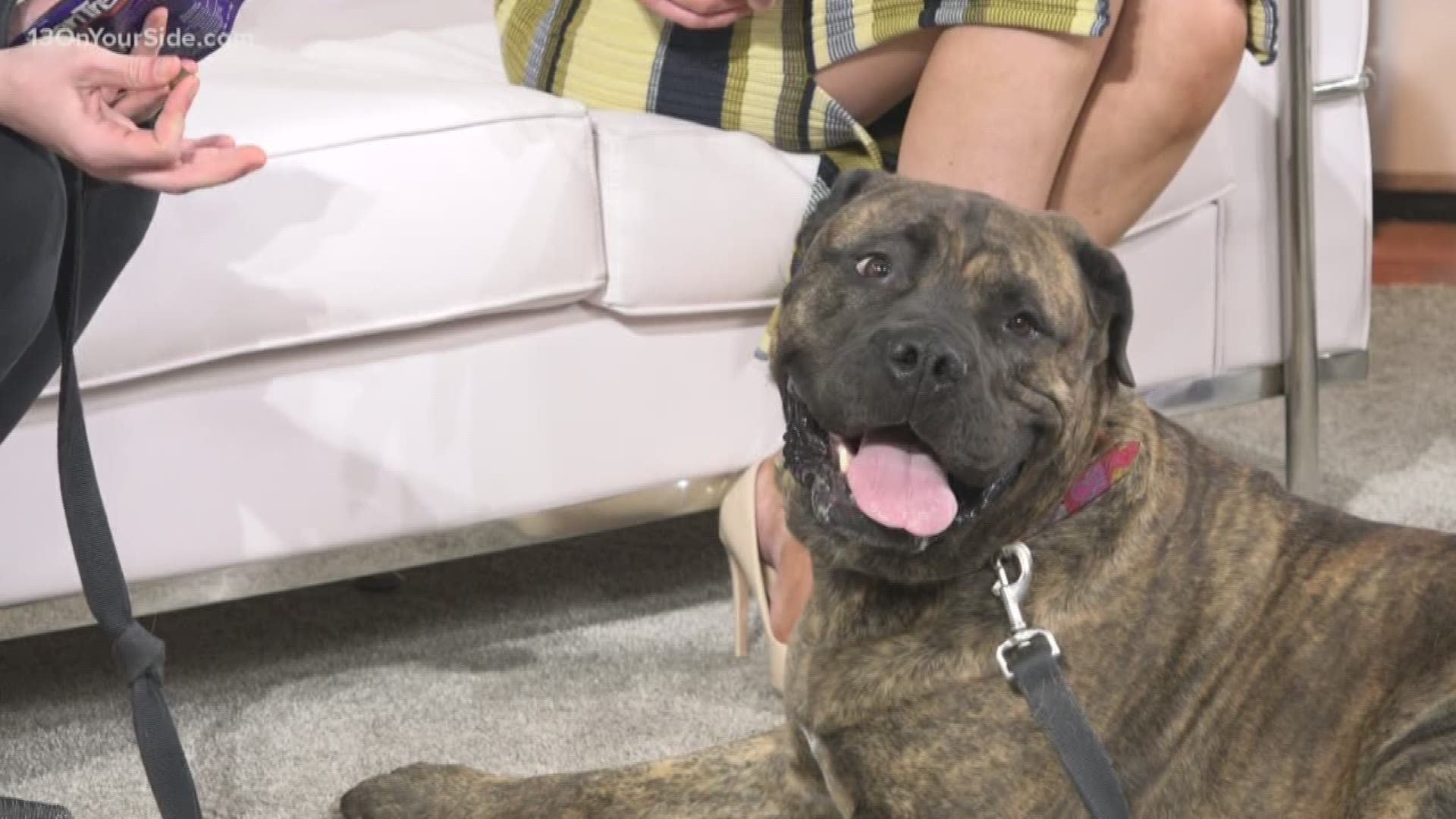GRAND RAPIDS, Mich. — It’s a frightening experience for a pet owner: Your dog or cat suddenly begins convulsing for no apparent reason. The spell might last a few seconds or a few minutes but it seems like an eternity. Seizures are serious, and if your pet experiences one, you should definitely seek out veterinary help as soon as possible.
A seizure is a “clinical manifestation of synchronous nerve activity agitating in the brain.” In other words, it’s a sudden surge of electrical activity in the brain. Symptoms can include collapsing, jerking, muscle twitching, jaw chopping, stiffness and drooling. Some dogs will fall on their sides and paddle their legs. Other times, a pet might simply seem to “zone out” for a few minutes.
There are a variety of reasons a pet may have a seizure. These include metabolic conditions, such as low blood sugar. Seizures can also be the result of head trauma, infection, tumors (either cancerous or benign), congenital brain malformation or ingestion of toxic substances.
If your pet has a seizure and has never had one before, you should seek medical treatment immediately. There are a variety of tests veterinarians can perform to help diagnose the underlying problem causing the seizures. First, the doctor will order bloodwork in order to assess your pet’s overall health. In some cases, the veterinarian will draw spinal fluid for analysis or order a more advanced diagnostic test, such as a MRI.
If your dog is between the ages of 1 and 6, displays normal behavior between seizures and has a normal neurological exam in between seizures, the most likely diagnosis is idiopathic epilepsy. Because this condition is caused by genetic abnormalities, there’s not much that can be done to prevent it. Fortunately, it is typically easily controlled with medication.
Finally, what should you do if you notice your dog or cat having a seizure? Your main concern should be to keep pets from injuring themselves. Don’t put anything in their mouths because they may accidentally bite you. Move any potential obstacles out of the way, and if they’re someplace where they might fall (such as a couch or a bed), gently place them on the floor.
If you have any questions about seizures in pets, contact your family veterinarian.
RELATED VIDEO:
More pet stories on 13 ON YOUR SIDE:
- Volunteering Wednesday: Pet Visitor Program at Emmanuel Hospice
- 5 emaciated puppies safe after being rescued from the roadside
- Animal rescue group concerned by police shooting dog 'gravely injured' by car
- Adopt-A-Pet: Meet PeeWee!
- Pet Peeves: Normal Pet Vitals
- Grain-Free Grief | FDA investigating link between grain-free food and heart failure in dogs
►Make it easy to keep up to date with more stories like this. Download the 13 ON YOUR SIDE app now.
Have a news tip? Email news@13onyourside.com, visit our Facebook page or Twitter. Subscribe to our YouTube channel.


